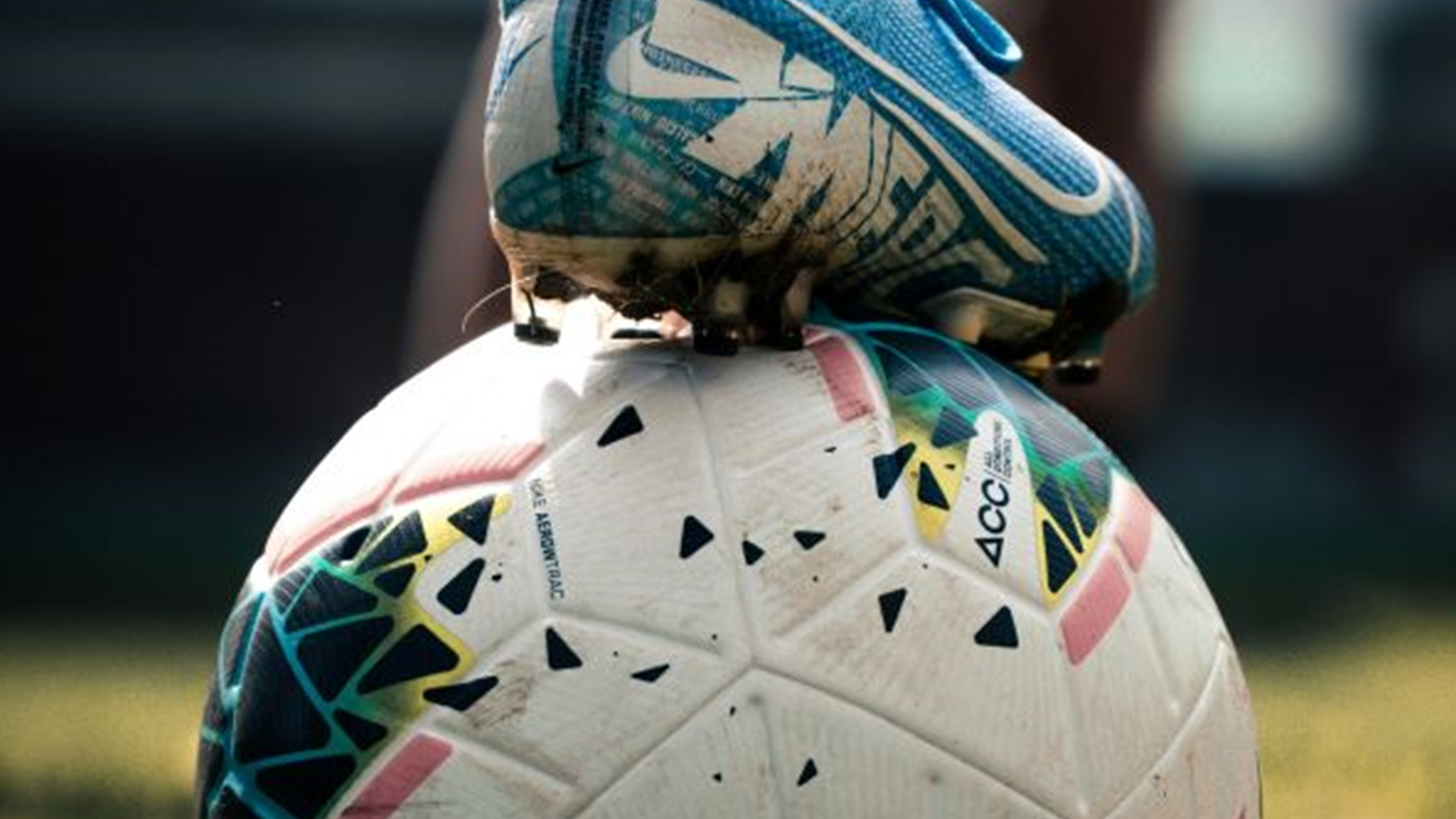
What the world of health, safety and wellbeing can learn from sport
Ever thought you could give Gareth Southgate a run for his money?
Scott Hassall works as one of Tribe’s Culture Change Consultants. When he’s not working for Tribe, he’s a professional sportsman. Here, in our article also featured exclusively in SHP online, he reveals how health, safety and wellbeing managers can learn from athlete/coach relationships…
On entering the corporate world, the crossover between workplace management and athletic coaching really stood out to me. One of the most significant parallels was the impact of the coach/athlete relationship and the manager/worker relationship.
The performance of a business is heavily reliant on managers motivating their team to perform well. It’s the relationship they have with their team that plays a critical part in both team and individual performances.
Connection is key
Despite advances in technology, no amount of machinery can replace human interaction, so it’s vital that managers create positive, genuine and real relationships with their workers. This builds trust and eventually leads to improved performance.
In sport, coaching can be viewed as a process and practice where both coaches and athletes are expected to engage, interact and communicate. A good quality relationship matters not only because it drives better results but because it creates a social environment where both the coach and the athlete feel positive, happy, energised, determined and resilient.
Coaching in culture change
Companies spend millions on physical things that keep people safe and yet the mindset of the end user is often forgotten. When managers and leaders have strong relationships with their staff, you see more personal buy-in. There’s far more willing compliance when it comes to safety instead of forced compliance or misunderstanding – that’s what you see when those relationships are absent.
A great example of this is my current work with a Tribe client delivering an ambassadors’ programme as part of their culture change journey. An ambassadors’ programme gains engagement from all levels within an organisation and makes sure change sticks for the long term.
Through people manager workshops, we essentially upskill the ambassadors with the same skills required as a sporting coach. This includes how to undertake coaching conversations, negotiation and influencing, facilitation and communication. All of these skills are vital for the best possible outcomes in influencing human behaviour – be it in sport or health, safety and wellbeing.
What does a good quality manager/worker or coach/athlete relationship look like?
Whether you’re looking at the coach/athlete or manager/worker relationship, a good quality relationship looks the same. You need four dimensions: Closeness, Commitment, Complementarity and Co-orientation.
Closeness refers to the emotional tone of the relationship with feelings of trust, respect, appreciation and liking. Coaches/managers who support their team and want to understand everyone’s different viewpoints are central in developing strong ties.
Commitment is a vital ingredient to the survival of the relationship when challenges arise. From an injury through to personal issues at home, if there is commitment from both the coach/manager and the athlete/workers, the relationship can overcome difficult and challenging situations more easily.
Complementarity refers to levels of cooperation, coordination and collaboration. It is the degree of which coaches/managers and athletes/workers are responsive, receptive, open, friendly and approachable. When there is complementarity, athletes/workers experience their leaders as positive, supportive and helpful.
Co-orientation is how well coaches/managers and athletes/workers understand one another and the shared common ground between them. It is how much they are able understand the world through each other’s eyes.
Summary
Psychology, be it in sport or health and safety proves critical when evaluating human behaviour and building supportive work relationships. From athletic dynamics to workplace management, the shared principles of psychology impacts every aspect of human interaction, which in turn helps to shape company culture and saves lives.
Tips for building a strong leader/worker relationship
- Be open, honest and authentic. Don’t ‘wear a mask’, openness is reciprocated.
- Display loyalty and protect your team, be on their side in both their presence and absence.
- Be reliable, consistent and predictable. If you let them down or fail to follow through, it jeopardises trust.
- Be dependable, only make promises you can keep.
- Listen to Scott explain more about training and leadership below!
About Scott Hassall
Scott’s background is in performance and sport psychology, and he holds an MSc in Sport & Exercise Psychology from Loughborough University. Before becoming a consultant for Tribe, he was a member of the Culture Change and Transformation Team for Network Rail which saw him design and deliver transformation programmes with over 30,000 staff and contractors. Scott’s passion lies in understanding what makes people tick and how individuals at all levels of an organisation can get the most out themselves and their teams. He also has a keen eye on systems and processes that can hinder organisations from unlocking the potential of their people.
Specialisms:Facilitation & Workshop Delivery in Behavioural Change
Industry experience:Rail, Engineering, Mining & Government Organisations



